Stable Industrial Investments Spur Sale-Leaseback Deals
A Marcus & Millichap report found that the new federal tax laws that favor leasing over owning also contribute to a growing number of industrial sale-leaseback transactions.
By Gail Kalinoski
Demand for sale-leaseback deals in the industrial sector is increasing as companies look to take advantage of a strong growth cycle fueled by e-commerce coupled with new federal tax reform rules that favor leasing over owning, according to a new Marcus & Millichap research report.
The interest in sale-leaseback transactions comes amid strong fundamentals for the industrial market that are enticing to investors. The industrial vacancy rate in the United States for 2017 fell 20 basis points to 5.1 percent, the lowest rate in more than 17 years and down 510 basis points from the high mark in 2010, The Industrial Spotlight report from Marcus & Millichap stated.
Despite supply growth—245 million square feet were added in 2017, a cycle high—vacancy is still tight. Rent has risen 5 percent or more for four straight years, including 2017 when rent climbed 7.8 percent. Marcus & Millichap expects sector fundamentals to remain strong this year and anticipates a 6.6 percent increase in the average asking rent and a 20 basis point decline in the vacancy rate.
Private investors, motivated by ease of operations and steady cash flow, were more active buyers of the sale-leaseback industrial assets in 2017 than institutional investors and REITs, according to the report.
New rules keep leases deductible
Owners of industrial properties who are looking to expand and unlock the values in their assets, may also be driven by the changes in the tax law, which restrict companies’ ability to deduct the interest on debts, but keep lease expenses fully deductible.
“Although many businesses have capitalized on the sale-leaseback of the real estate they operate out of, the new tax rules could be a significant trigger going forward. Business leaders, and even accountants, are just now starting to get their hands around what the new tax rules mean for different companies, and the changes to business interest deductions are one of the areas companies are focusing on,” John Chang, FVP Research Services, at Marcus & Millichap, told Commercial Property Executive. “The new rules could have a significant effect on business strategies, and the decision to sell, then lease back business locations is starting to gain traction.”
In April, another Marcus & Millichap report also addressed the new tax law noting that respondents to its investor survey had increased optimism about the overall economy and the commercial real estate sector. A majority of the CRE investors believed the tax changes would most likely benefit the industrial and apartment sectors because of reduced tax obligations.
Owner-users dominate sale-leaseback deals
Marcus & Millichap found that the bulk of the sale-leaseback industrial transactions last year were for buildings in the 20,000- to 50,000-square-foot range since owner-users dominate that space. The report stated properties in that tranche sold for an average price of $93 per square foot, or in the $1 million to $5 million range. The overall deal flow in 2107 for such transactions was up 13 percent year-over-year, increasing to a dollar volume just above $2.6 billion. The report stated first-year yield varied depending on the location and tenant creditworthiness. Cap rates, however, traded higher than most other property types and ranged from the upper 6 percent range to the low 7 percent.
While the report focuses on activity at smaller industrial properties, Marcus & Millichap’s National Office and Industrial Properties Group in Phoenix represented the seller of two slightly larger properties earlier this year in a sale-leaseback deal. Jay Krew and Paul Berkner represented Erickson Construction, which owned a 56,000-square-foot lumber yard and industrial building in Roseville, Calif., and a 79,000 square-foot manufacturing facility in Chandler, Ariz. Krew and Berkner also procured the buyer, STORE Capital Corp., which bought the portfolio in January for $21 million in an all-cash deal.
The National Office and Industrial Properties Group also brokered the sale of two FedEx Freight Centers in Atlanta and Marcus Hook, Pa., in March. The Atlanta property, a 292,000-square-foot facility near Hartsfield-Jackson International Airport, sold for $32.3 million. The Marcus Hook asset, a 150,000-square-foot building, eight miles west of Philadelphia International Airport, sold for $15.4 million.
Images courtesy of Marcus & Millichap

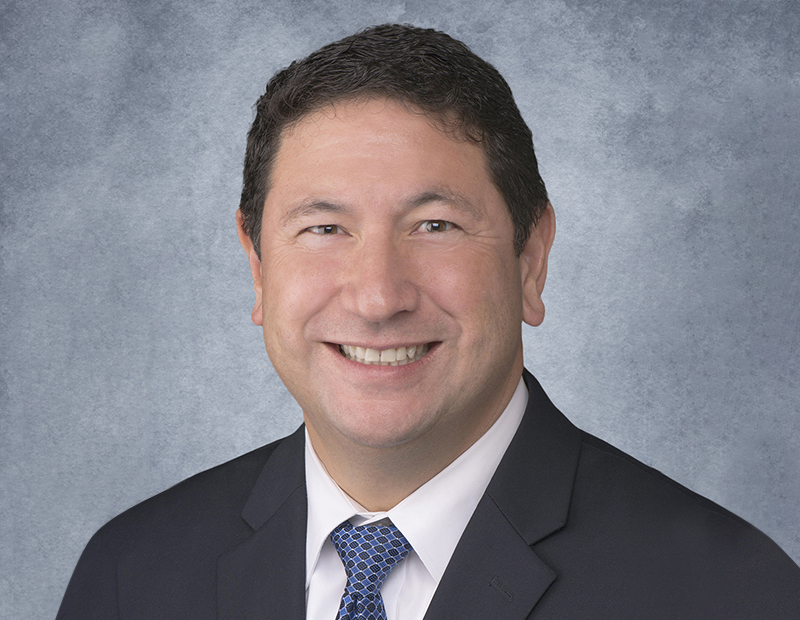
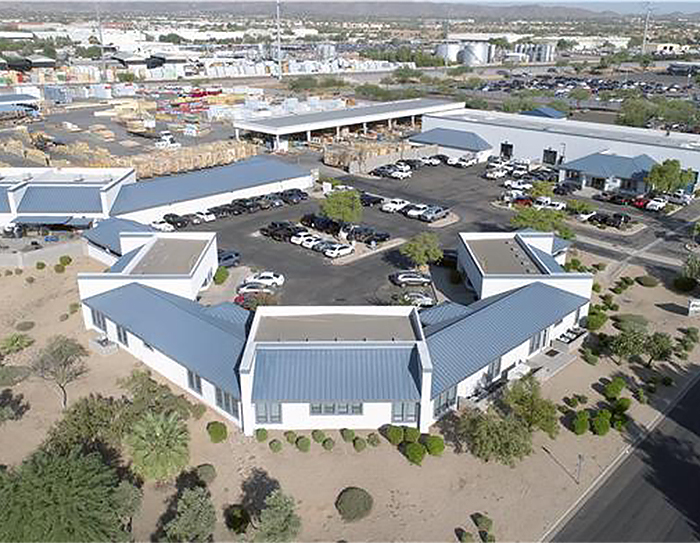
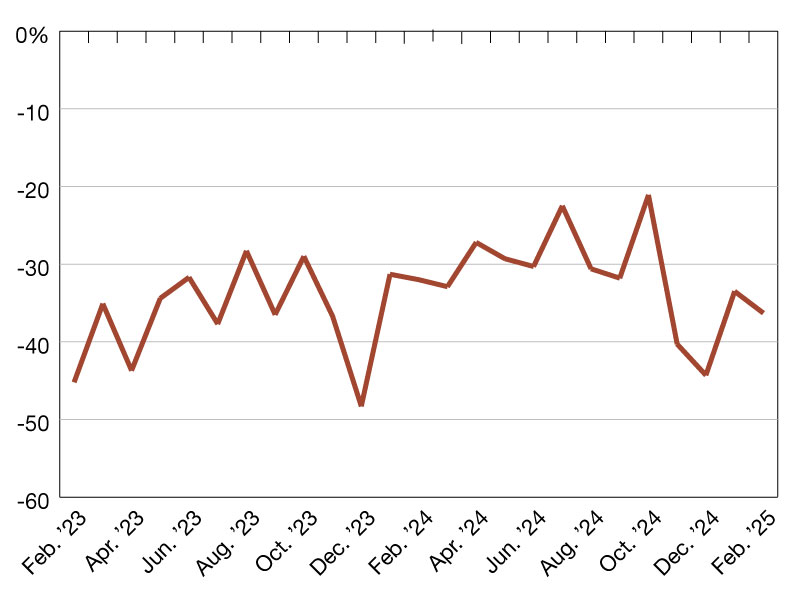


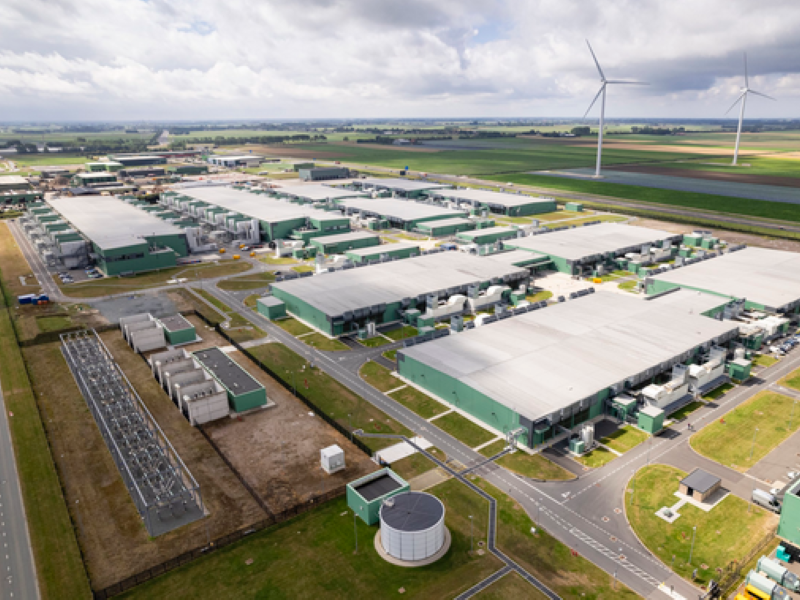
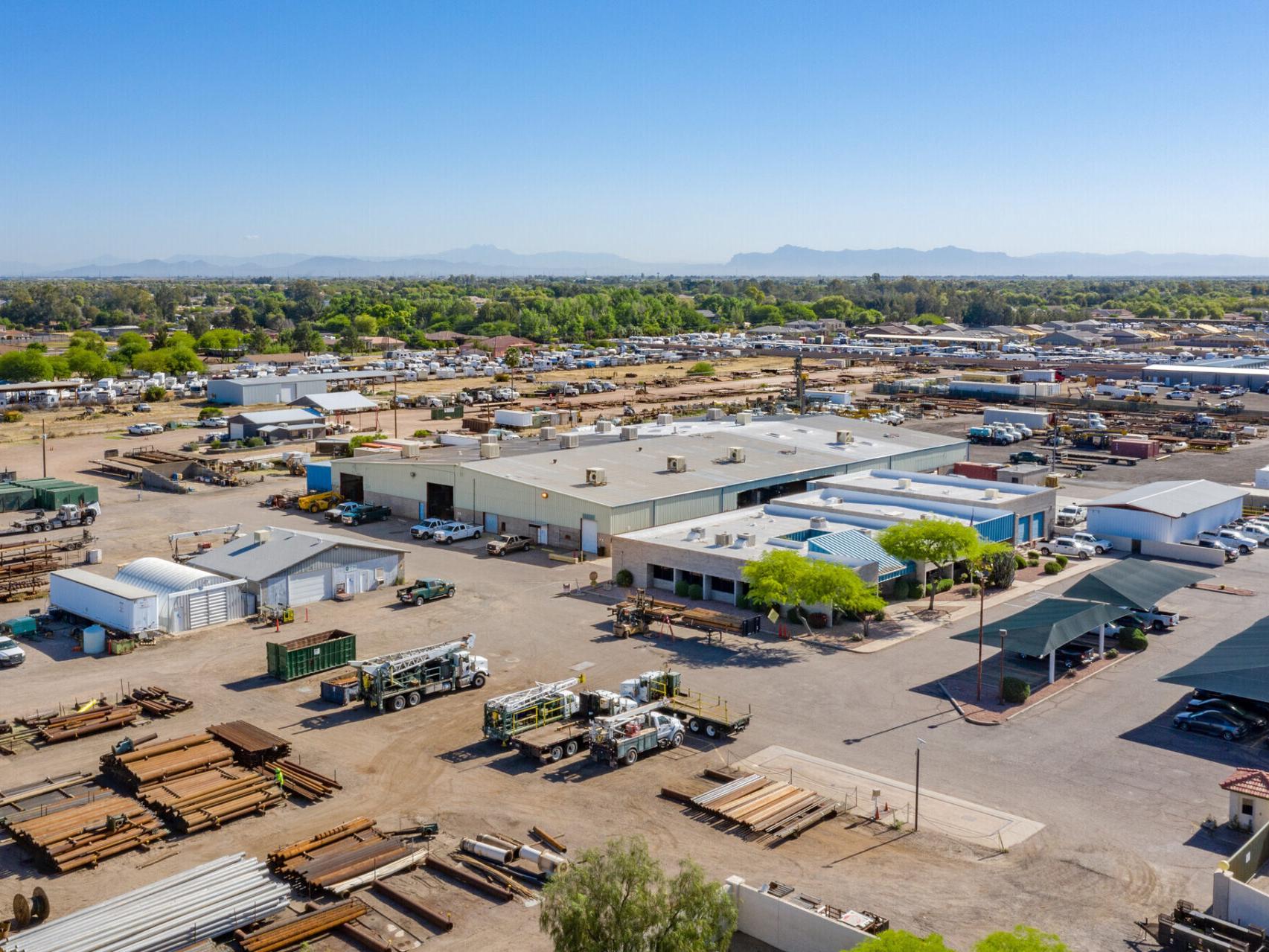

You must be logged in to post a comment.